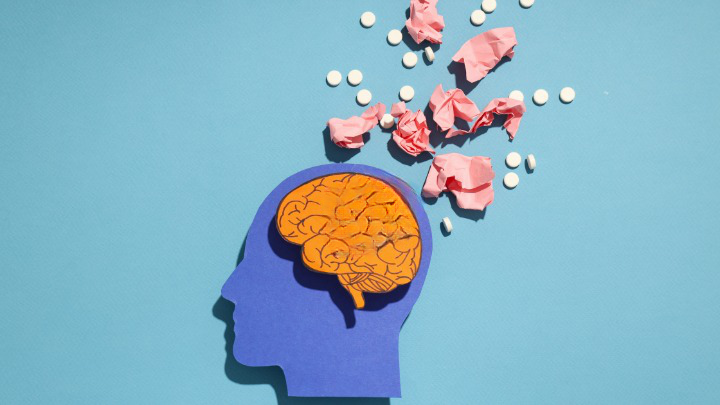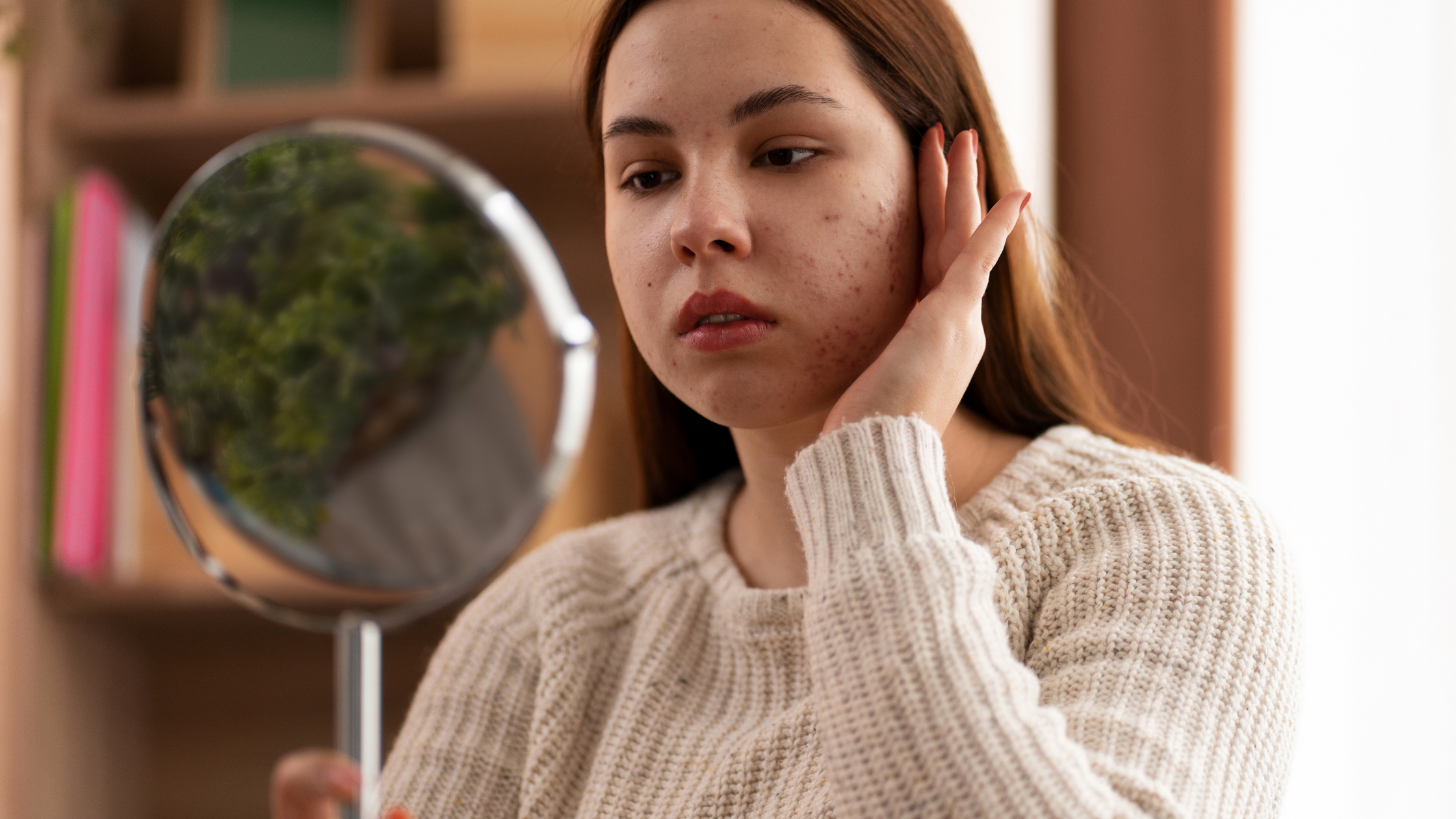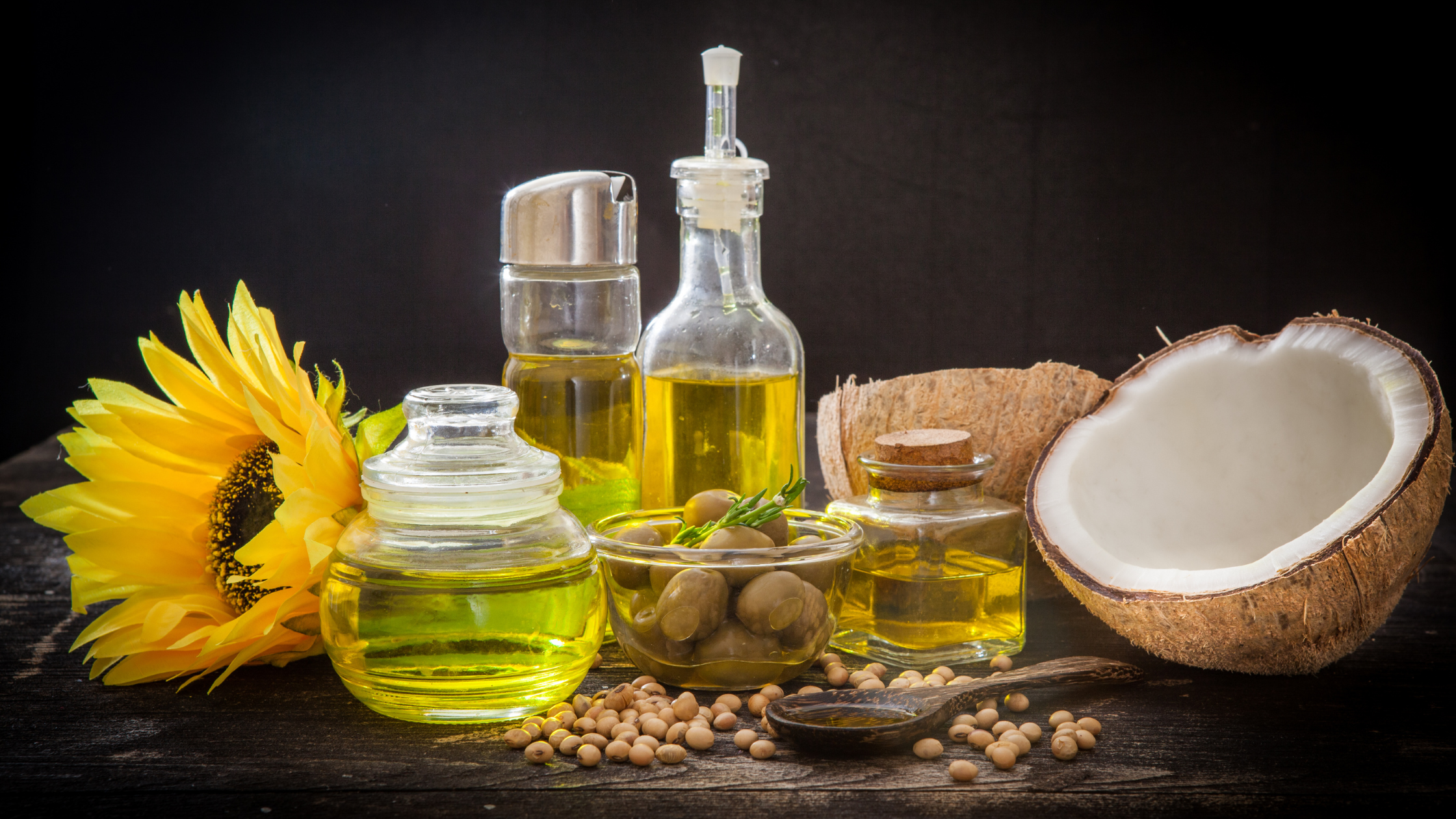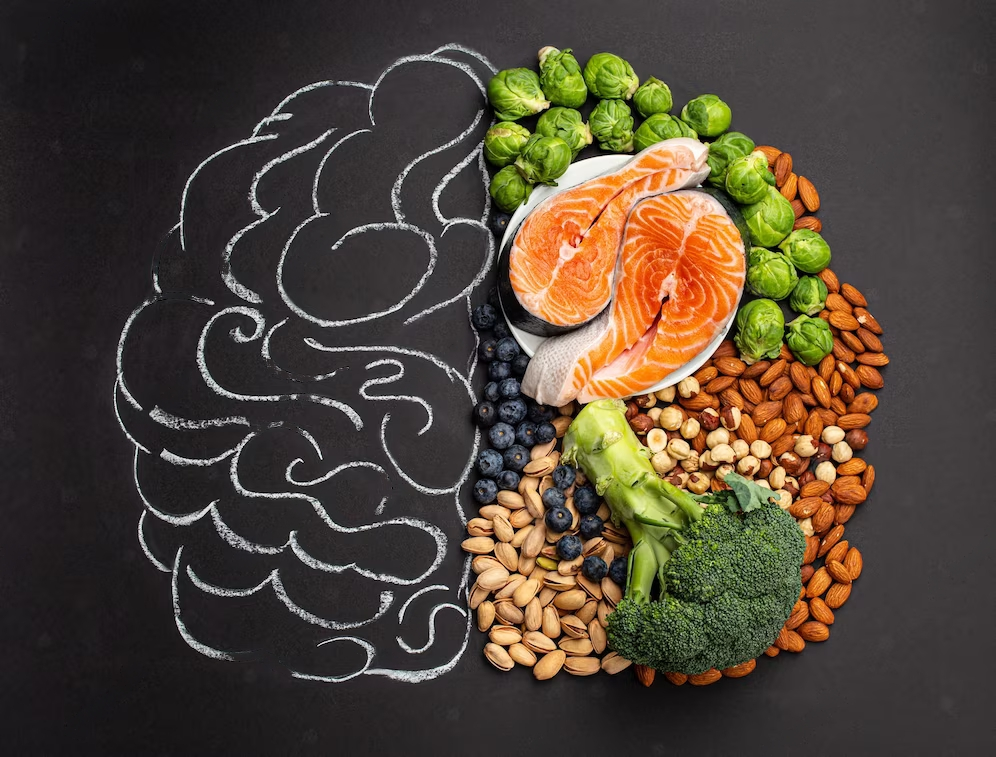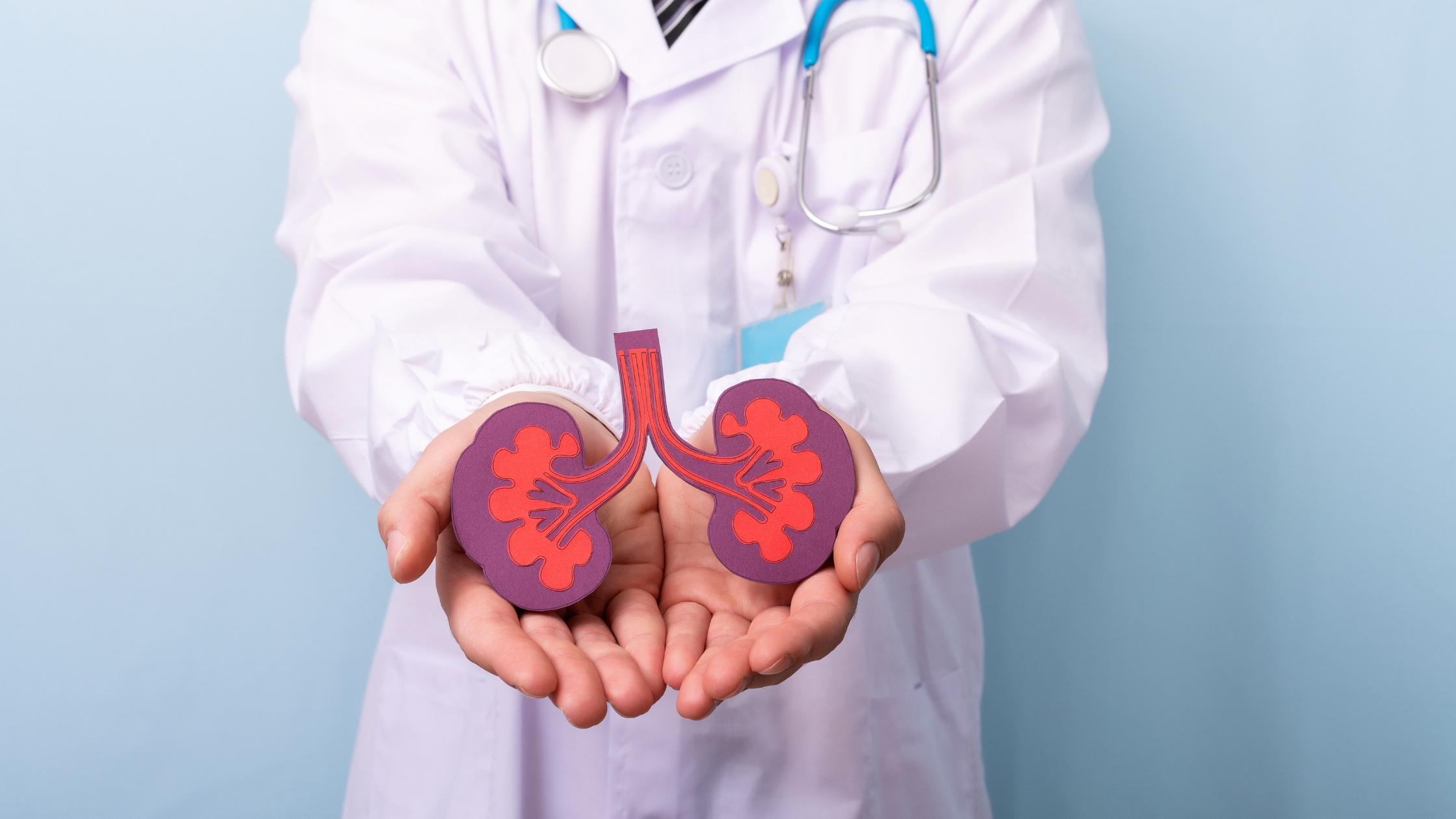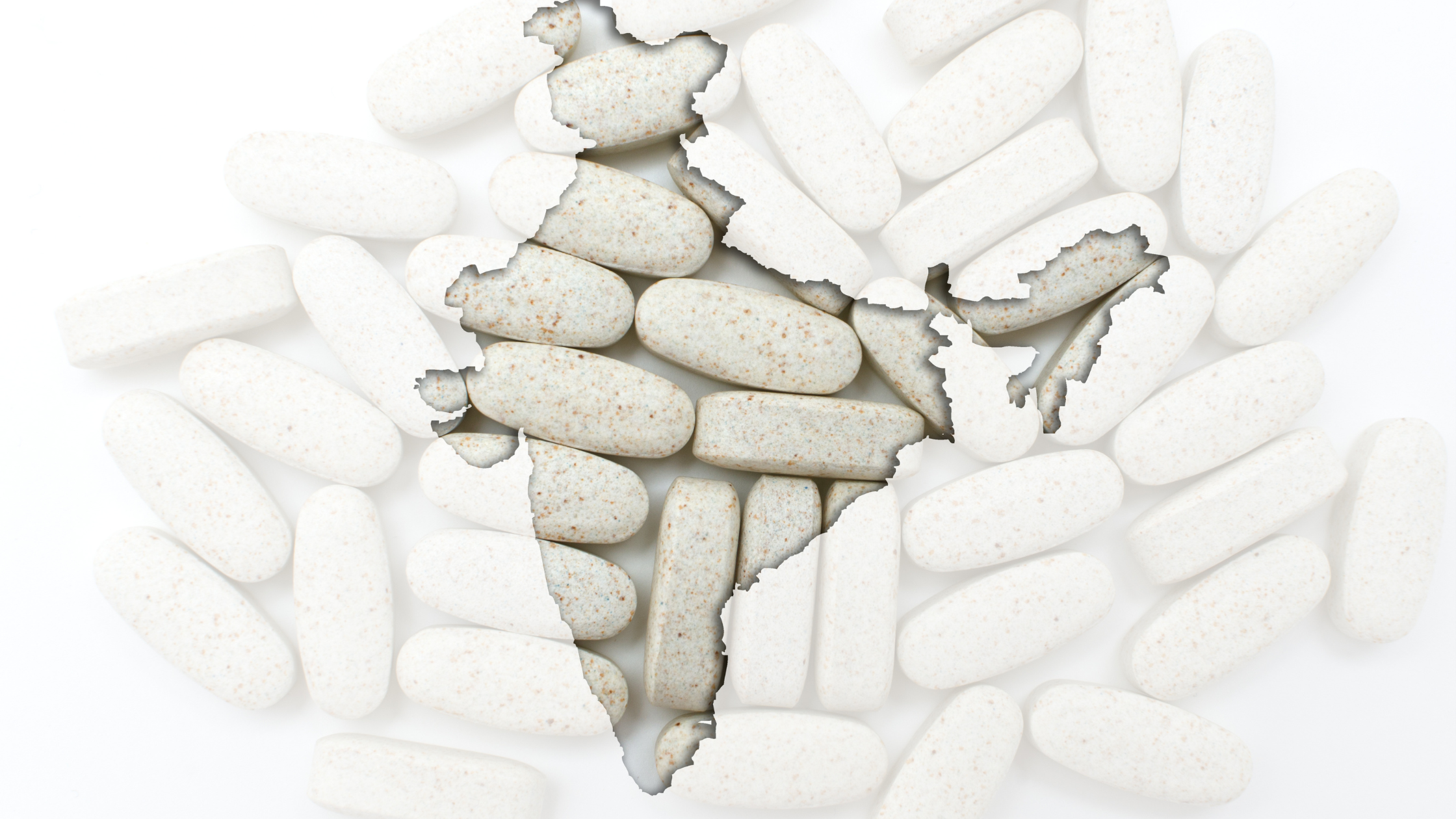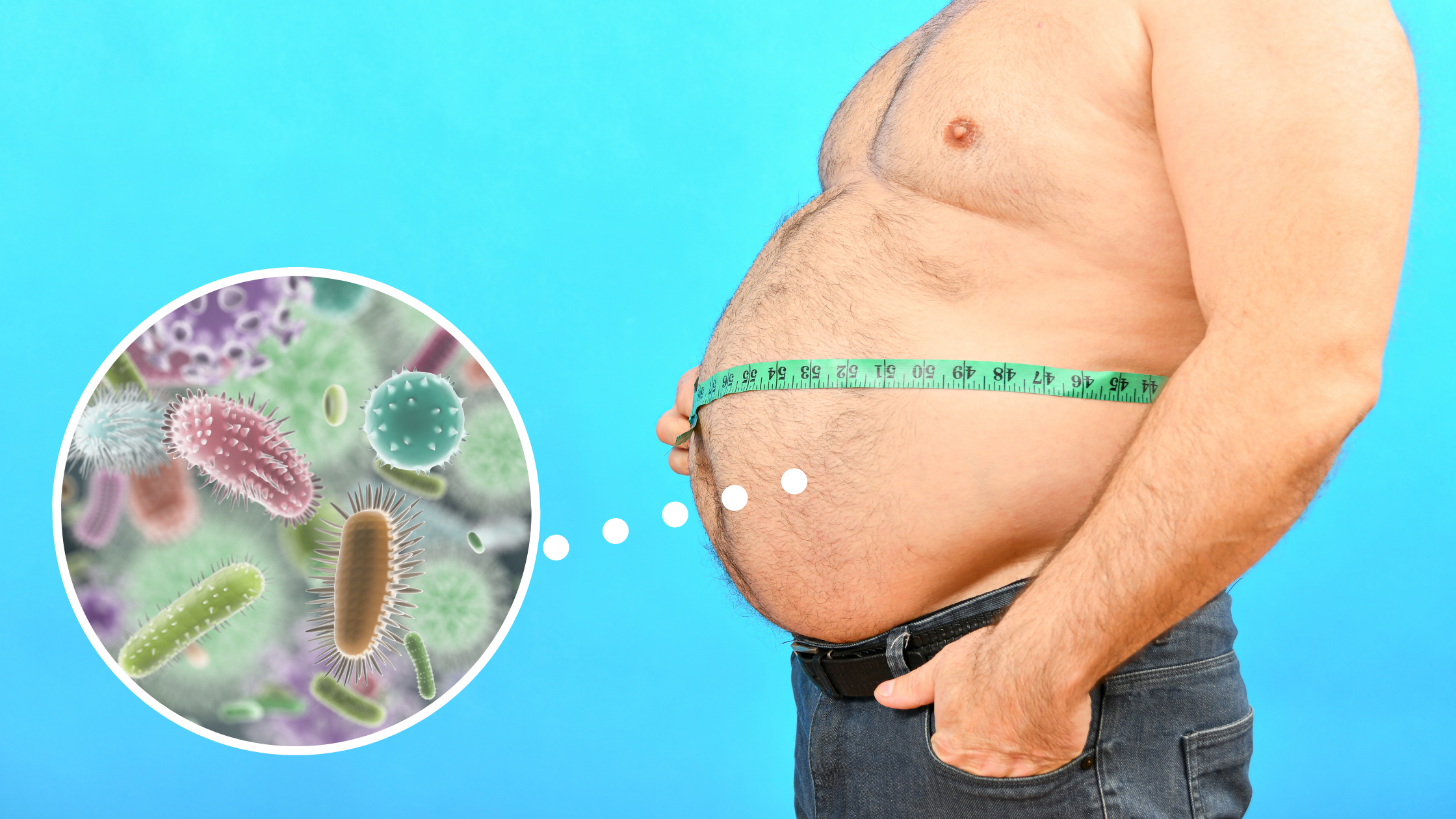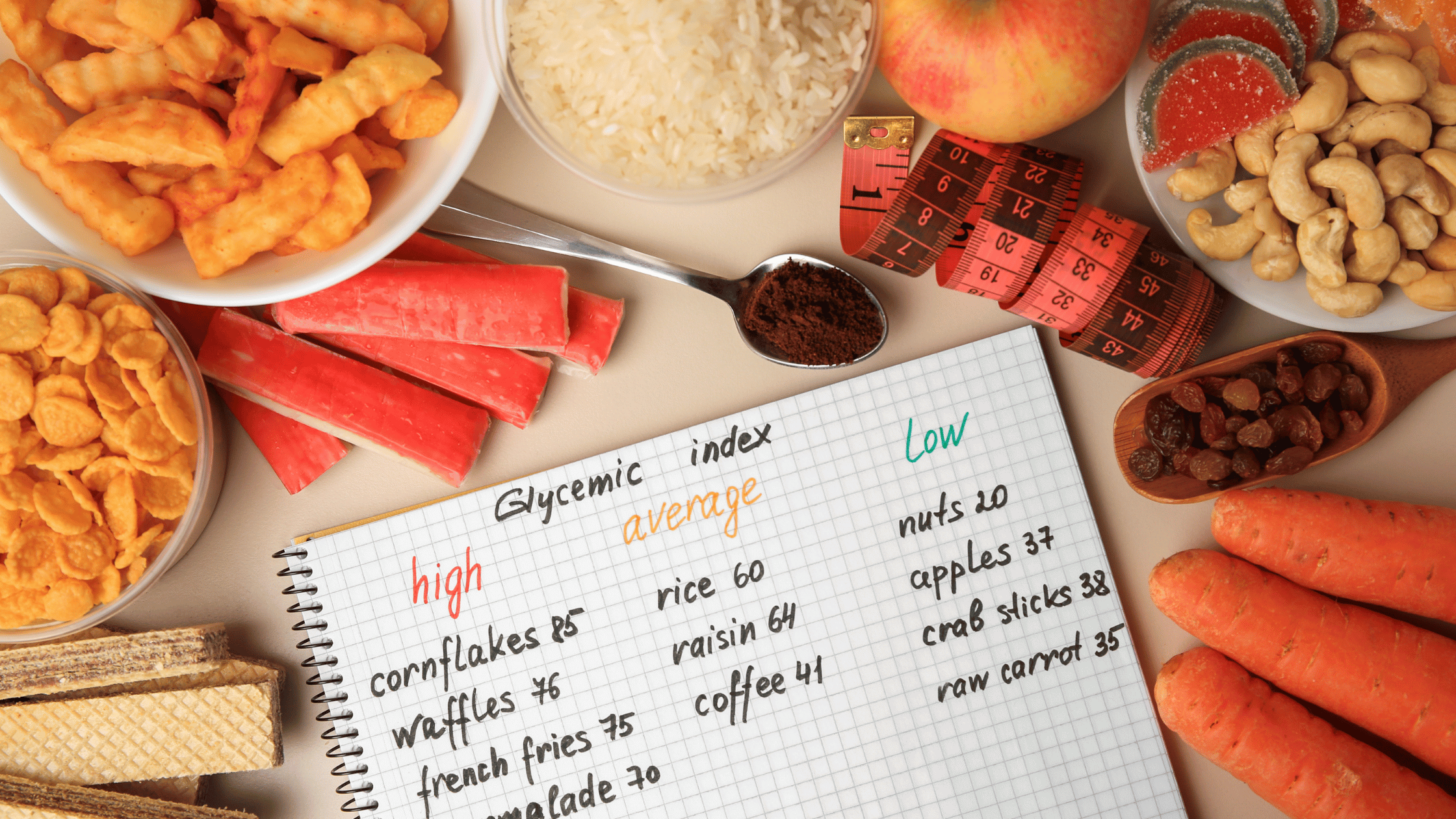The Multifaceted Influence of Gut Microbiome on Women's Health
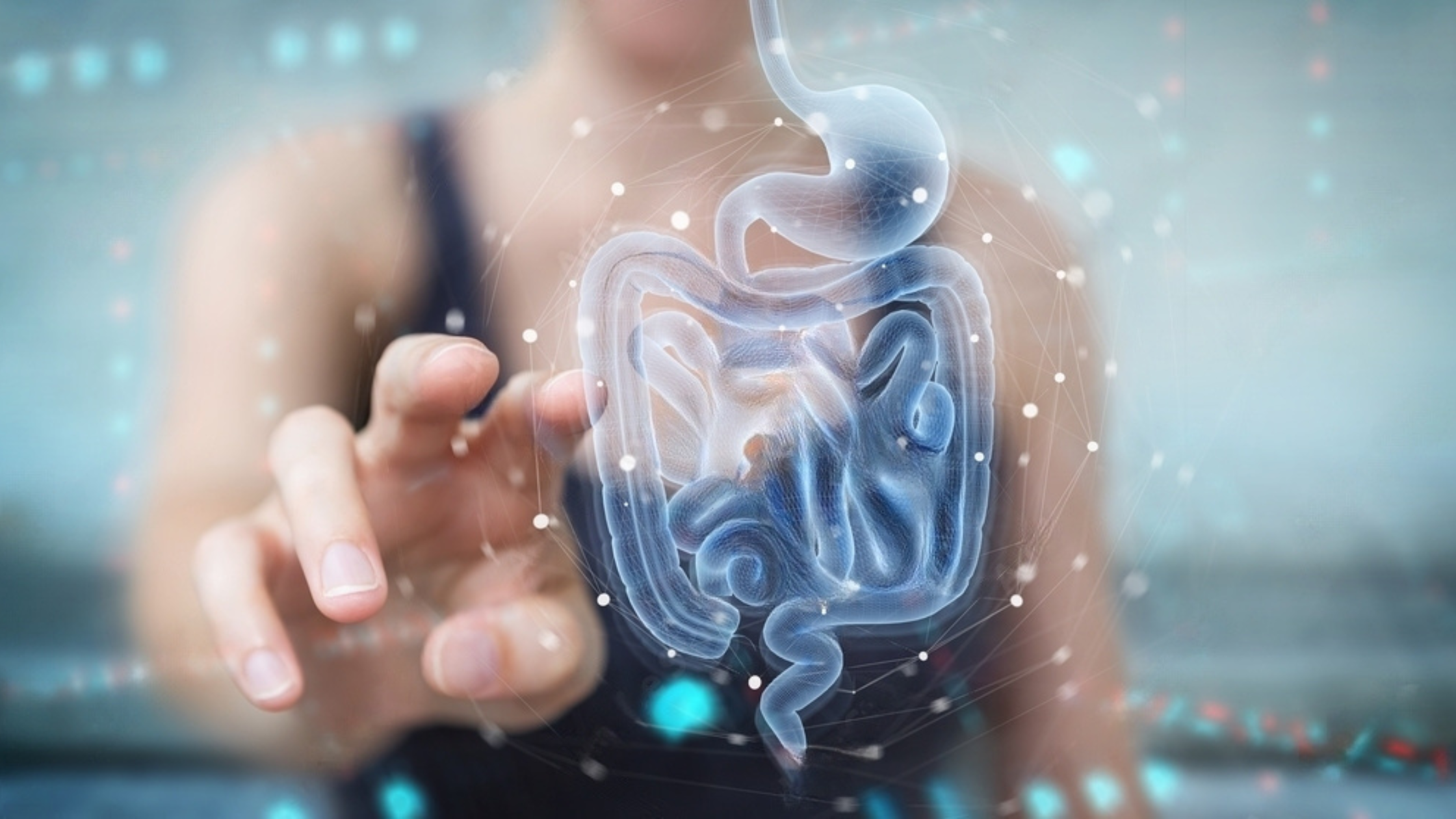
The human gut microbiome, a vast collection of microorganisms residing in the digestive tract, is emerging as a critical player in maintaining women's health. We have seen in the previous blog on Gut Microbiome: Battle of Sexes how men and women have differences in the composition of their gut microbiomes. Extensive research suggests that the composition and diversity of the gut microbiome have far-reaching effects on reproductive health, hormonal balance, weight management, mental well-being, gastric health, immunity, and even the beauty of skin and hair. In this comprehensive blog post, we will explore each of these aspects, providing scientific references to support our findings.
1. Reproductive Health:
a. Vaginal Microbiota: The gut microbiome significantly influences the composition of the vaginal microbiota, impacting the risk of conditions such as bacterial vaginosis, urinary tract infections, and sexually transmitted infections (1, 2).
b. Fertility00 and Pregnancy: A healthy gut microbiome can positively affect fertility by modulating hormonal balance, reducing inflammation, and improving nutrient absorption. Additionally, research suggests that the gut microbiome may influence the risk of pregnancy complications, such as preterm birth and gestational diabetes (3, 4).
2. Hormonal Balance:
a. Oestrogen Metabolism: The gut microbiome plays a role in metabolising oestrogen, influencing its levels in the body. Imbalances in oestrogen metabolism have been associated with conditions like polycystic ovary syndrome (PCOS), endometriosis, and breast cancer (5, 6).
b. Menstrual Cycle: Emerging evidence suggests that the gut microbiome can impact the menstrual cycle by regulating hormones and inflammation. Disruptions in the gut microbiome composition have been linked to irregular menstrual cycles and an increased risk of conditions such as premenstrual syndrome (PMS) (7, 8).
3. Weight Gain and Management:
a. Metabolic Health: The gut microbiome influences metabolic processes and nutrient absorption, affecting weight gain and management. Imbalances in the gut microbiota have been associated with obesity and metabolic disorders (9, 10).
b. Appetite Regulation: Gut bacteria can produce signalling molecules that influence appetite and satiety. Imbalances in the gut microbiome may lead to dysregulated hunger signals and contribute to overeating (11, 12).
4. Mental Health and Well-being:
a. Gut-Brain Axis: The gut microbiome communicates bidirectionally with the brain through the gut-brain axis, impacting mood, cognition, and behaviour. Imbalances in the gut microbiota have been associated with mental health disorders such as anxiety and depression (13, 14).
b. Neurotransmitter Production: The gut microbiome influences the production and regulation of neurotransmitters such as serotonin, dopamine, and GABA, which play crucial roles in mood regulation (15, 16).
5. Gastric Health:
a. Digestive Function: The gut microbiome contributes to the breakdown and absorption of nutrients, aiding in digestive processes. Imbalances in gut bacteria can lead to gastrointestinal disorders such as irritable bowel syndrome (IBS) and inflammatory bowel disease (IBD) (17, 18).
b. Gut Barrier Integrity: The gut microbiome helps maintain the integrity of the gut barrier, preventing the translocation of harmful bacteria and toxins into the bloodstream. Disruptions in the gut microbiota can compromise gut barrier function and contribute to systemic inflammation (19, 20).
6. Immune Function:
a. Autoimmune Disorders: Imbalances in the gut microbiome have been linked to the development of autoimmune disorders, which predominantly affect women. Conditions such as rheumatoid arthritis, systemic lupus erythematosus, and multiple sclerosis have been associated with alterations in gut microbiota (21, 22).
b. Vaginal and Urinary Tract Health: A healthy gut microbiome enhances immune responses, protecting against vaginal and urinary tract infections that are common among women (23, 24).
7. Skin and Hair Beauty:
a. Skin Health: The gut microbiome influences skin health through its impact on inflammation, oxidative stress, and the immune system. Imbalances in the gut microbiota have been associated with conditions such as acne, eczema, and psoriasis (25, 26).
b. Hair Health: The gut microbiome may indirectly affect hair health by promoting nutrient absorption and reducing inflammation. Disruptions in the gut microbiota could potentially contribute to hair-related issues such as hair loss and scalp conditions (27, 28).
The intricate connection between the gut microbiome and women's health is a rapidly evolving field of research. The gut microbiome influences reproductive health, hormonal balance, weight management, mental well-being, gastric health, immunity, and even the beauty of skin and hair. By nurturing a diverse and balanced gut microbiome through dietary interventions, probiotics, and lifestyle modifications, women can potentially optimise their overall health and well-being. However, further research is needed to fully understand the mechanisms involved and develop targeted interventions for women's specific health needs.
References:
1. Ravel, J., et al. (2011). Vaginal microbiome of reproductive-age women. PNAS, 108(Supplement 1), 4680-4687.
2. Borgdorff, H., et al. (2016). The association between ethnicity and vaginal microbiota composition in Amsterdam, the Netherlands. PLoS ONE, 11(4), e0153310.
3. Koren, O., et al. (2012). Host remodelling of the gut microbiome and metabolic changes during pregnancy. Cell, 150(3), 470-480.
4. Stanislawski, M. A., et al. (2019). Gut microbiota in adolescent pregnancy: Implications for maternal and infant health. American Journal of Perinatology, 36(S 02), S81-S92.
5. Fuhrman, B. J., et al. (2012). Associations of the faecal microbiome with urinary estrogens and estrogen metabolites in postmenopausal women. Journal of Clinical Endocrinology & Metabolism, 97(6), 2206-2216.
6. Flores, R., et al. (2012). Faecal microbial determinants of faecal and systemic estrogens and estrogen metabolites: a cross-sectional study. Journal of Translational Medicine, 10(1), 253.
7. Ma, C., et al. (2020). Alterations in vaginal microbiota and associated metabolome in women with recurrent implantation failure. mBio, 11(5), e02029-20.
8. Chiu, C. M., et al. (2021). The linkage between gut microbiota and irregular menstrual cycles in young women: a case-control study. BMC Women's Health, 21(1), 53.
9. Turnbaugh, P. J., et al. (2006). An obesity-associated gut microbiome with increased capacity for energy harvest. Nature, 444(7122), 1027-1031.
10. Ridaura, V. K., et al. (2013). Gut microbiota from twins discordant with obesity modulates metabolism in mice. Science, 341(6150), 1241214.
11. Perry, R. J., et al. (2016). Acetate mediates a microbiome–brain–β-cell axis to promote metabolic syndrome. Nature, 534(7606), 213-217.
12. Fleissner, C. K., et al. (2017).The absence of intestinal microbiota does not protect mice from diet-induced obesity. British Journal of Nutrition, 117(6), 842-854.
13. Dinan, T. G., et al. (2019). The microbiome-gut-brain axis in health and disease. Gastroenterology Clinics, 48(3), 405-417.
14. Cryan, J. F., et al. (2020). The microbiota-gut-brain axis. Physiological Reviews, 99(4), 1877-2013.
15. Foster, J. A., & McVey Neufeld, K. A. (2013). Gut-brain axis: how the microbiome influences anxiety and depression. Trends in Neurosciences, 36(5), 305-312.
16. Mayer, E. A., et al. (2015). Gut/brain axis and the microbiota. Journal of Clinical Investigation, 125(3), 926-938.
17. Marchesi, J. R., et al. (2016). The gut microbiota and host health: a new clinical frontier. Gut, 65(2), 330-339.
18. Sonnenburg, E. D., & Backhed, F. (2016). Diet-microbiota interactions as moderators of human metabolism. Nature, 535(7610), 56-64.
19. Schroeder, B. O., & Backhed, F. (2016). Signals from the gut microbiota to distant organs in physiology and disease. Nature Medicine, 22(10), 1079-1089.
20. Cani, P. D., & Van Hul, M. (2018). Gut microbial metabolites in obesity, NAFLD and T2DM. Nature Reviews Endocrinology, 15(5), 261-273.
21. Vaahtovuo, J., et al. (2008). Faecal microbiota in early rheumatoid arthritis. Journal of Rheumatology, 35(8), 1500-1505.
22. Manfredo Vieira, S., et al. (2018). Translocation of a gut pathobiont drives autoimmunity in mice and humans. Science, 359(6380), 1156-1161.
23. Mirmonsef, P., et al. (2014). The effects of the menstrual cycle on microbiota parameters of the reproductive tract in healthy women. American Journal of Obstetrics and Gynecology, 212(6), e1-e8.
24. Thomas-White, K. J., et al. (2016). The vaginal microbiome in premenopausal women with interstitial cystitis/bladder pain syndrome as compared to unaffected controls: a pilot study. Female Pelvic Medicine & Reconstructive Surgery, 22(6), 255-261.
25. Salem, I., et al. (2018). The gut microbiome is a major regulator of the gut-skin axis. Frontiers in Microbiology, 9, 1459.
26. Assaf, M., & Issa, M. C. (2020). Gut microbiota dysbiosis and acne vulgaris: exploring the link. Dermatology Practical & Conceptual, 10(3), e2020031.
27. Arck, P., et al. (2010). Hair growth deficiency in germ-free mice is indicative of dermal inflammation. Journal of Investigative Dermatology, 130(10), 2331-2333.
28. Kober, M. M., & Bowe, W. P. (2019). The effect of probiotics on immune regulation, acne, and photoaging. International Journal of Women's Dermatology, 5(4), 205-210.

The Gene Box








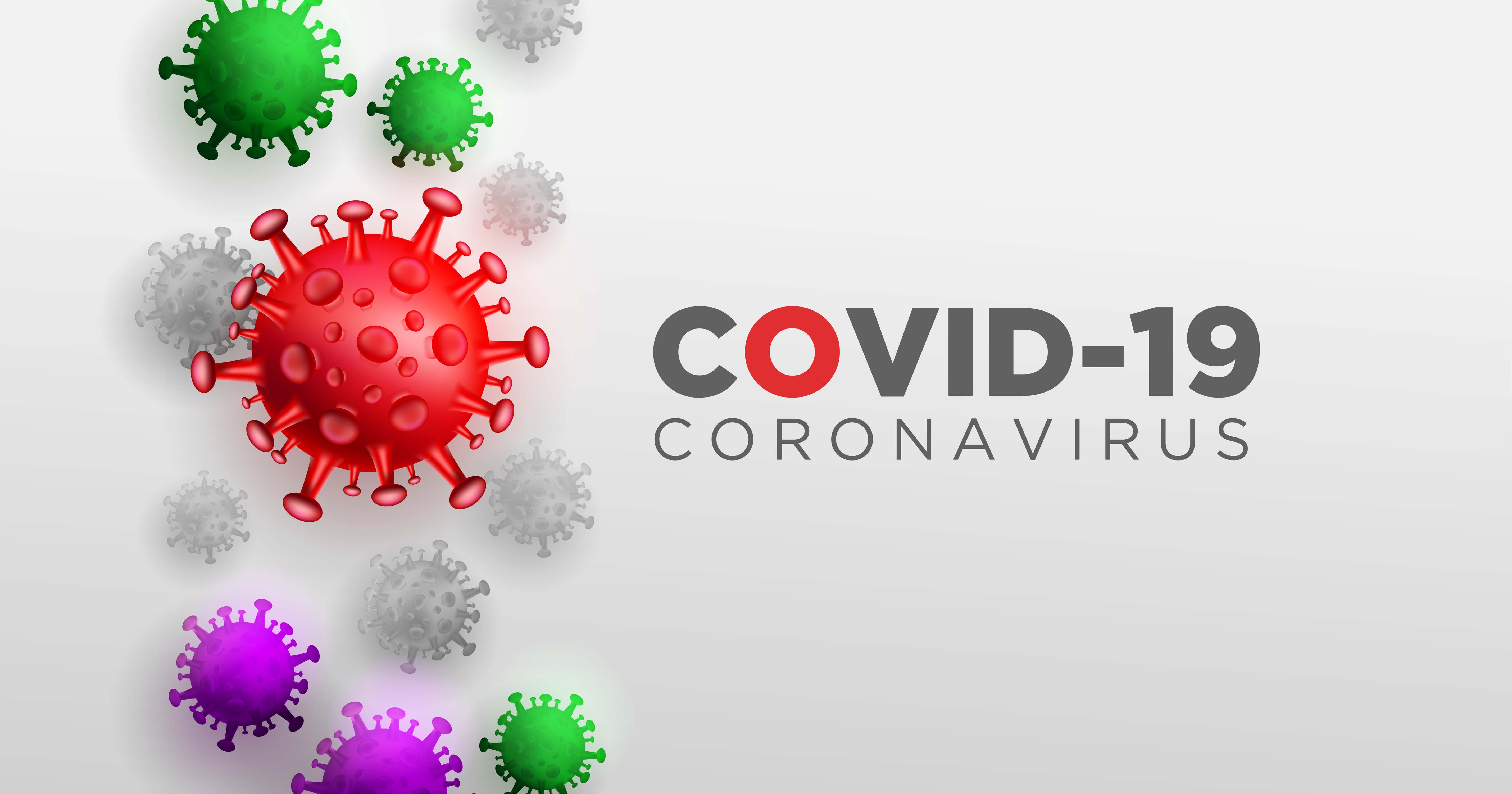
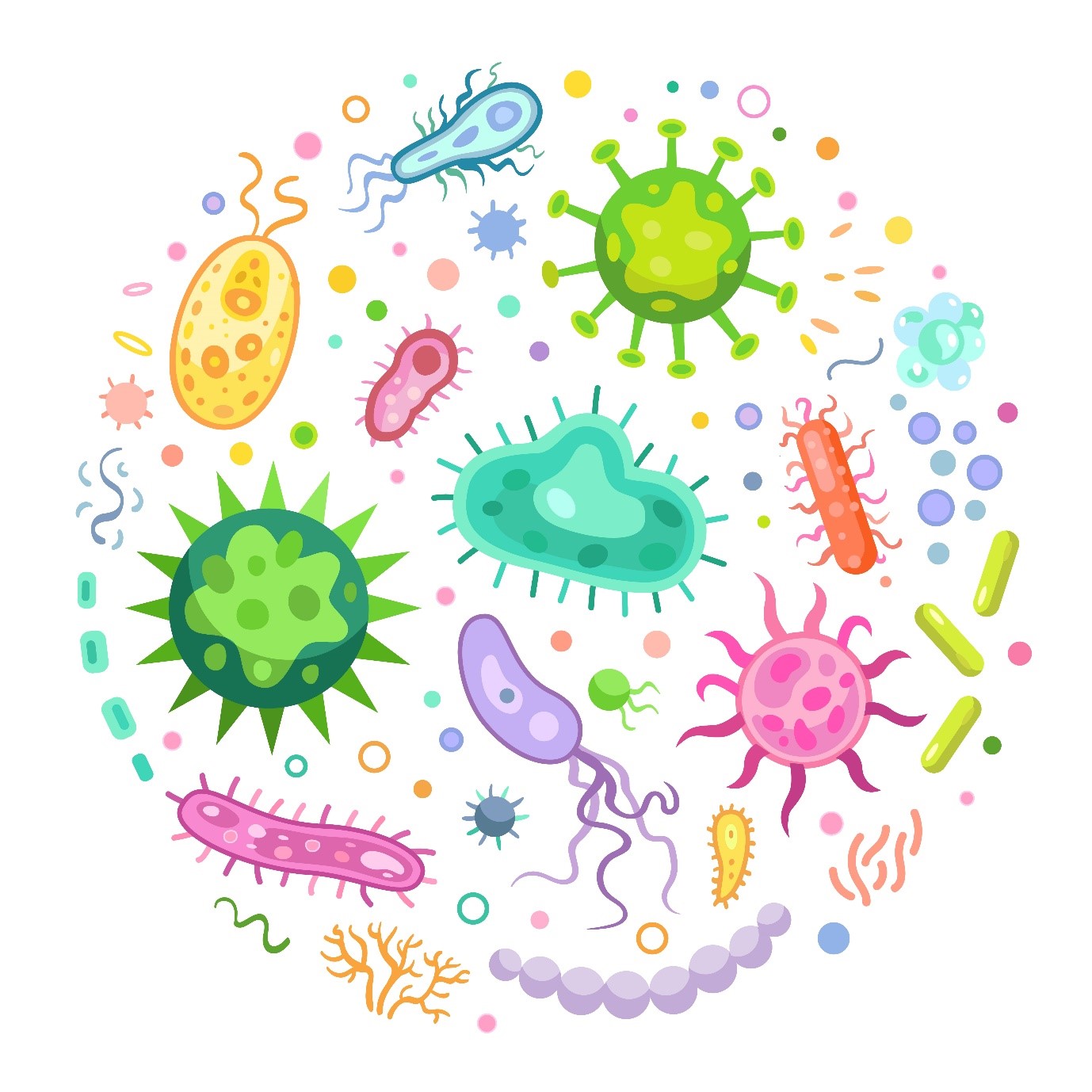

.png)








